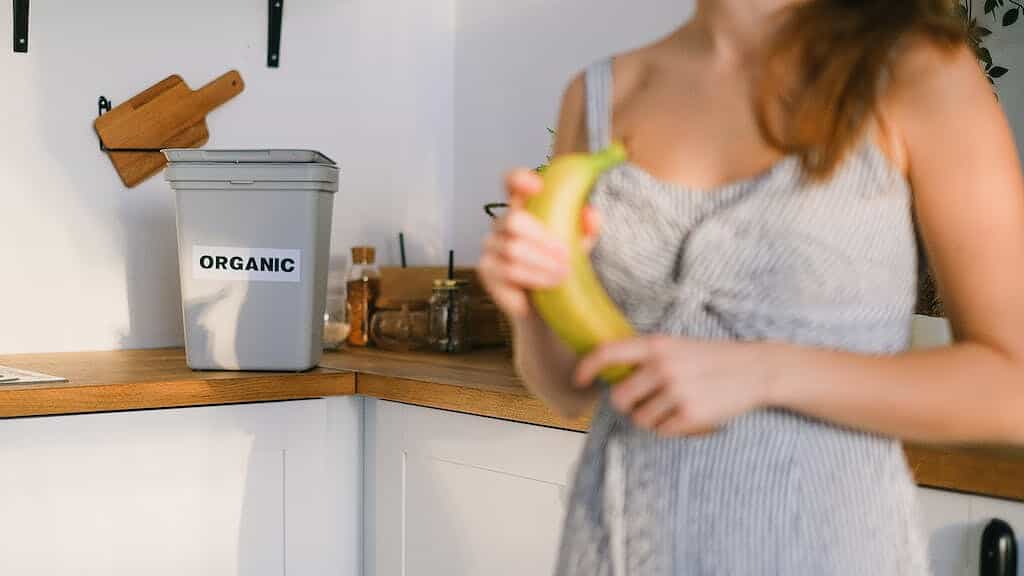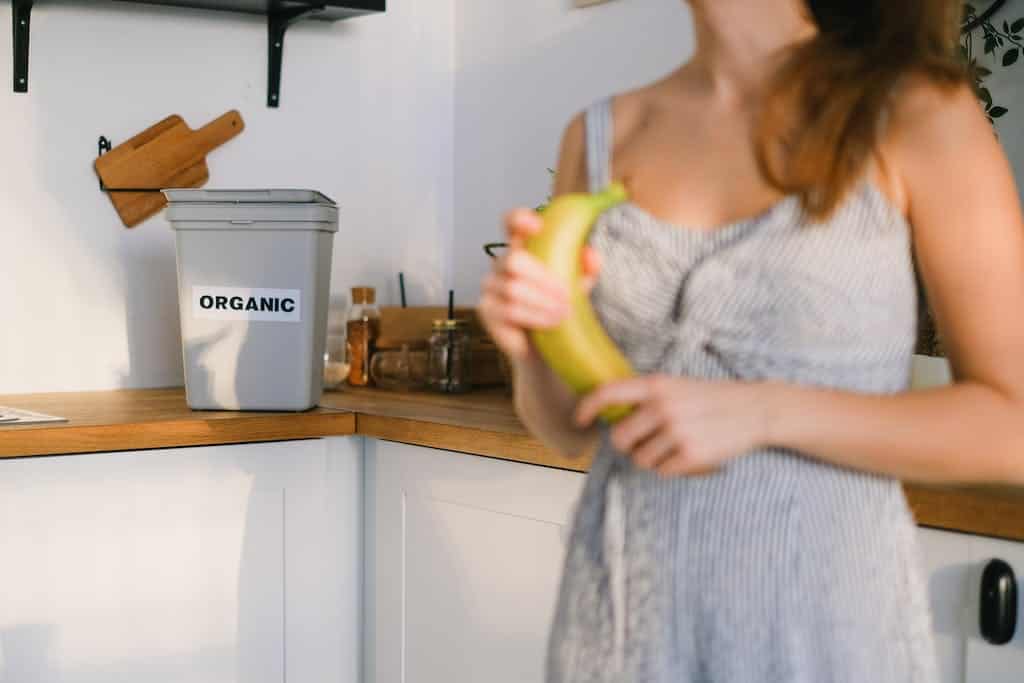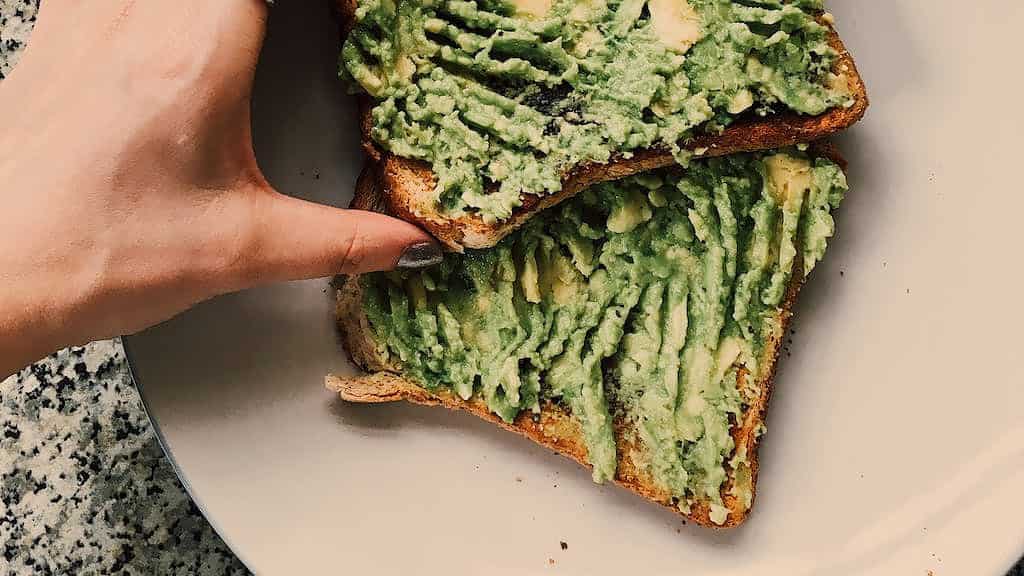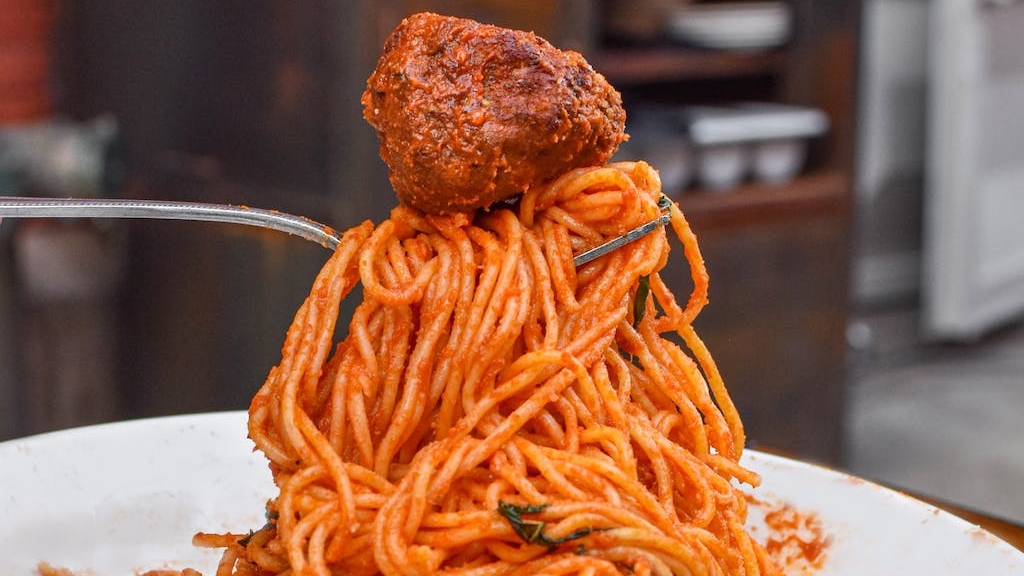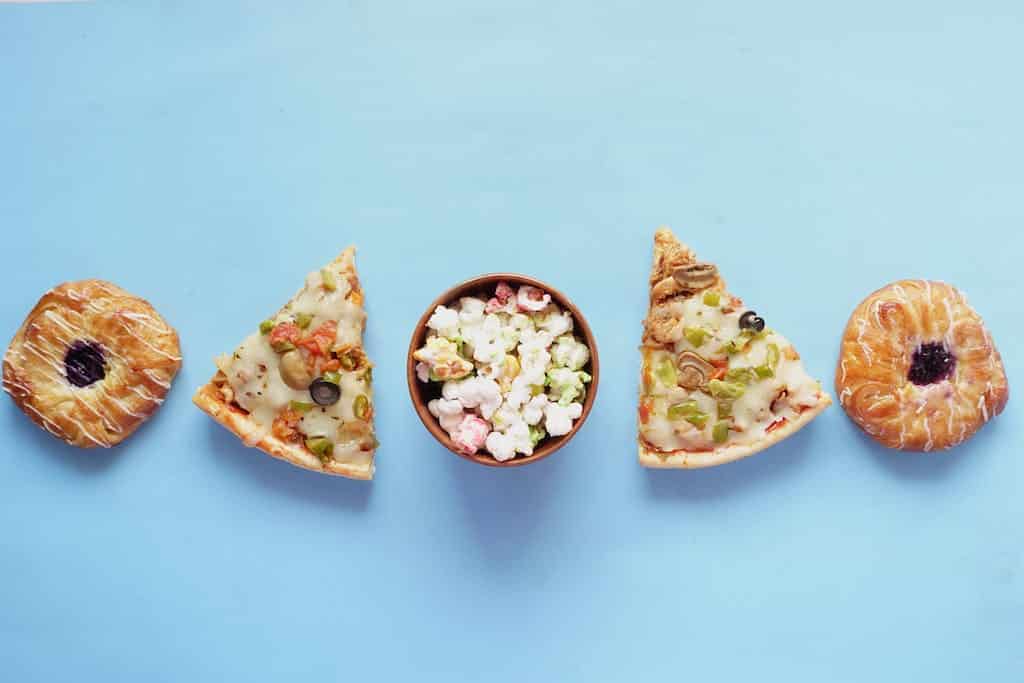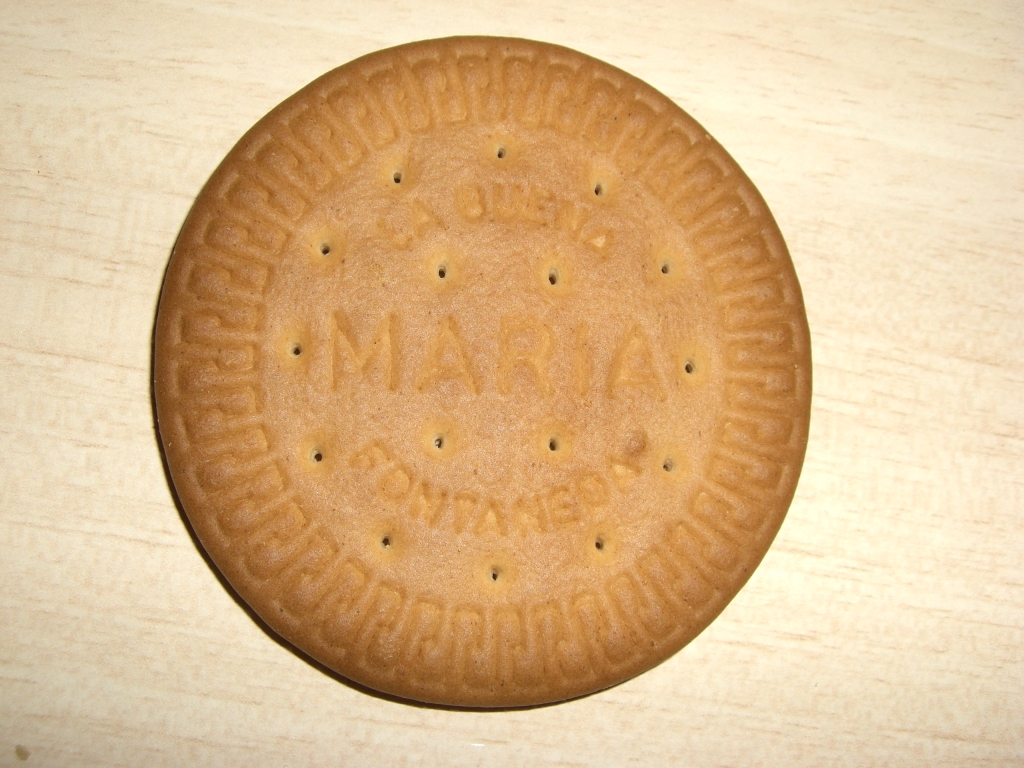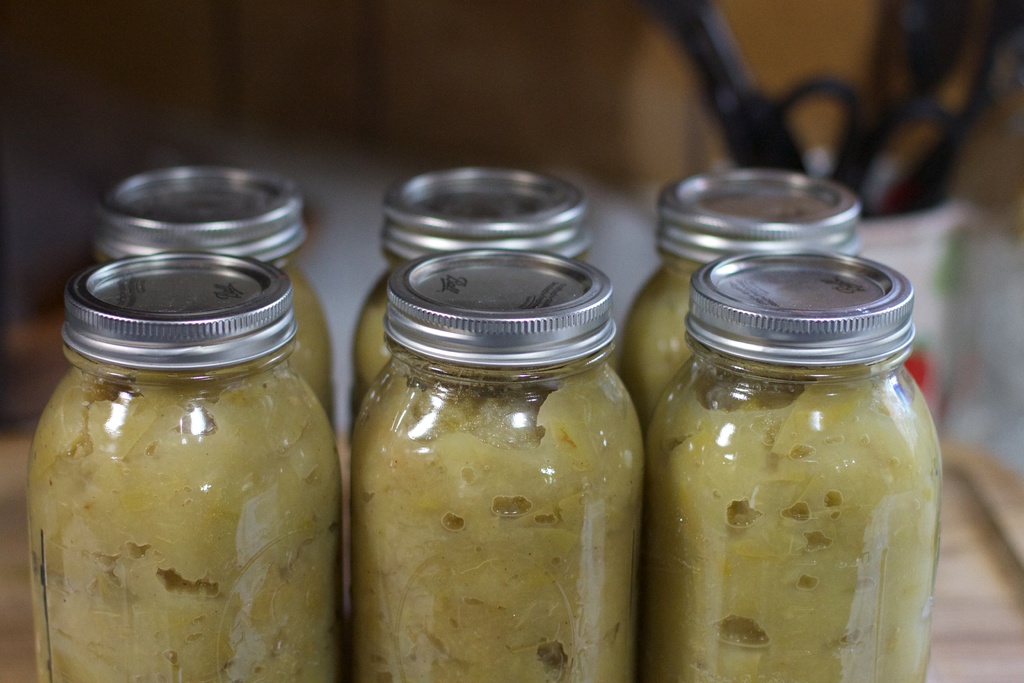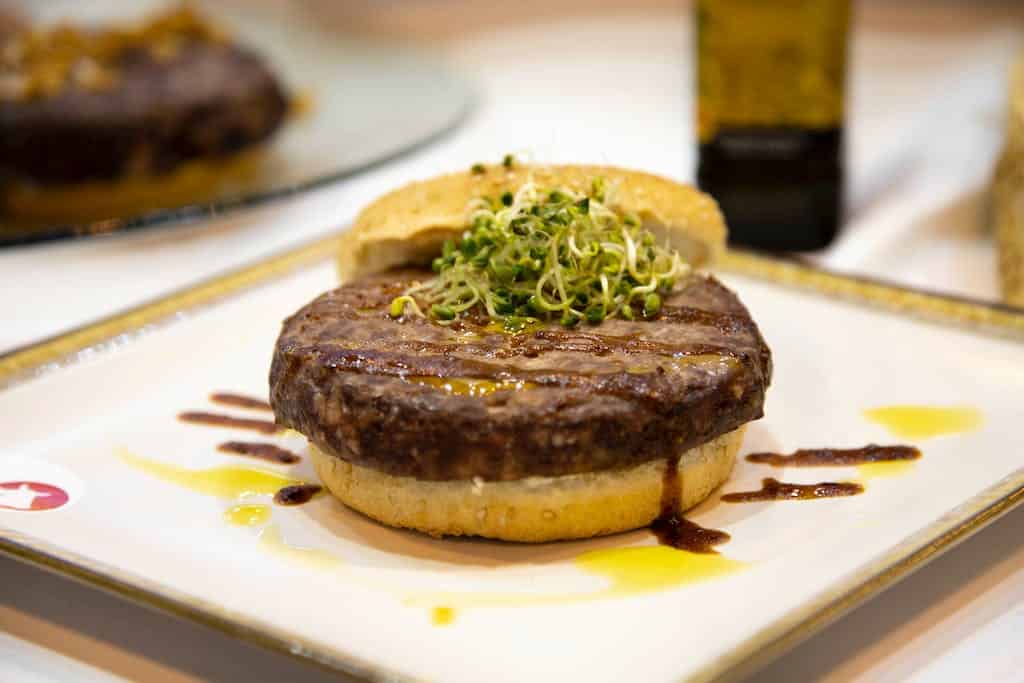Key Takeaways
- Dogs can safely consume certain home foods in moderation.
- Some examples of safe home foods for dogs include plain cooked chicken, lean meats, and certain fruits and vegetables.
- It’s important to avoid feeding dogs foods that are toxic to them, such as chocolate, grapes, onions, and garlic.
- Always consult with a veterinarian before introducing new foods into your dog’s diet.
- Some foods that are safe for humans can be harmful to dogs due to differences in metabolism and digestive systems.
- Feeding dogs a balanced and appropriate diet tailored to their specific needs is crucial for their overall health and well-being.
- While treats can be given occasionally, they should not exceed 10% of the dog’s daily caloric intake.
- Some foods may cause digestive upset, allergies, or other adverse reactions in dogs, so it’s important to watch for any signs of discomfort or illness.
- Keeping a consistent feeding schedule and portion control are important factors in maintaining a healthy weight for dogs.
- Nutritional needs can vary based on a dog’s age, breed, size, and activity level, so it’s essential to adjust their diet accordingly.
Summary
If you’re wondering what home foods can dogs eat, the answer is quite a few! However, it’s important to be cautious and make informed choices to ensure your furry friend’s well-being. This article delves into a comprehensive list of safe and healthy human foods that can be shared with your dog, while also highlighting a few common household items that are harmful to them. By reading further, you’ll gain valuable insight and knowledge to ensure your dog’s diet is both delicious and safe.

What Home Foods Can Dogs Eat?
1. Lean Meats
Lean meats like chicken, turkey, and lean beef can be safe and healthy options for dogs. However, make sure to remove any skin, bones, and excess fat before serving. Cook the meat thoroughly without any seasonings or spices that may be harmful to dogs. Offer small, bite-sized portions as a treat or mix it with your dog’s regular food for added protein.
Remember to avoid giving dogs cured or processed meats, like hot dogs or bacon, as they contain high levels of salt and other additives that can be harmful to their health.
2. Fresh Fruits
Certain fruits can be a nutritious snack for dogs. Apples, bananas, strawberries, and watermelon (without the seeds) are generally safe choices. However, always remove any seeds, cores, or pits as they may pose a choking hazard or contain toxins. Introduce fruits gradually into your dog’s diet and monitor for any signs of digestive upset. Moderation is key, as fruits contain natural sugars that can cause weight gain if overfed.
3. Vegetables
Many vegetables are safe for dogs and can provide essential vitamins and fiber. Some examples include carrots, green beans, cucumbers, and sweet potatoes. These can be served cooked or raw, but make sure they are cut into small, easily digestible pieces to prevent choking. Avoid giving dogs onions, garlic, mushrooms, or any toxic vegetables.
4. Peanut Butter
Peanut butter can be a tasty and healthy treat for dogs. However, make sure to choose natural peanut butter without xylitol, a sugar substitute that is toxic to dogs. Peanut butter is high in calories, so it should be given in moderation to prevent weight gain. Additionally, always check the ingredient list for any added sugars or salt.
5. Cooked Rice or Pasta
Cooked plain rice or pasta can be a bland and easily digestible meal option for dogs with upset stomachs or as a temporary replacement for their regular food. Mix it with some cooked, lean meat for added flavor and nutrients. However, remember that rice or pasta should not become a staple in their diet, as dogs require a balanced and complete diet with proper nutrients.
6. Yogurt
Plain yogurt, without any added sugars or artificial sweeteners, can be a healthy addition to a dog’s diet. It contains beneficial probiotics that promote good gut health. Additionally, yogurt can be a clever way to hide medications or supplements for dogs who are picky eaters. However, always introduce yogurt gradually and watch for signs of lactose intolerance or digestive issues. Some dogs may have difficulty digesting dairy products.
Recipes and Alternatives to what home foods can dogs eat for dogs
While there are certain home foods that dogs can safely consume, it is important to note that not all human foods are suitable for dogs. Some common foods that are safe for dogs to eat include cooked chicken, carrots, and plain yogurt. However, it is crucial to avoid feeding dogs foods such as chocolate, grapes, and onions as they can be toxic to them.
- Cooked chicken
- Carrots
- Plain yogurt
FAQ: What Home Foods Can Dogs Eat?
1. Can dogs eat apples?
Yes, dogs can eat apples in moderation. It’s important to remove the core and seeds before offering your dog slices of apple. Apples provide vitamins and fiber, promoting good digestion and a healthy immune system for your furry friend.
2. Is it safe for dogs to eat bananas?
Yes, dogs can safely eat bananas. This fruit is not only rich in potassium but also provides vitamin C and vitamin B6, which can help with their overall health. However, bananas contain sugar, so they should be given as an occasional treat in small quantities.
3. Can dogs have carrots as a snack?
Definitely! Carrots are low in calories and high in fiber, making them an excellent snack option for dogs. They are also a great source of vitamin A, which is crucial for maintaining good vision and a healthy immune system.
4. Are plain cooked chicken breasts safe for dogs?
Yes, plain cooked chicken breasts are generally safe for dogs to consume. Chicken is a good source of protein and can be a healthy addition to their diet. However, make sure to remove the skin, bones, and seasonings before offering it to your furry friend. Avoid using any seasoning or spices as they can upset your dog’s stomach.
5. Can dogs eat peanut butter?
Yes, dogs can enjoy peanut butter as a tasty treat. However, it’s important to check the ingredients label and ensure the peanut butter does not contain xylitol, a sugar substitute that can be toxic to dogs. Always choose unsalted, natural peanut butter without any added sugar or artificial sweeteners.
6. Is it safe to give dogs cooked rice?
Cooked rice is safe for dogs to eat in moderation. It can be a helpful addition to their diet if they have an upset stomach or digestive issues. Plain cooked rice is easily digestible and can provide some relief for your pup. However, do not add any seasonings or oil to the rice, and ensure it is fully cooked before serving.
7. Can dogs have small amounts of cheese?
Yes, dogs can have cheese as an occasional treat. However, some dogs may be lactose intolerant, so it’s essential to monitor their reaction. Cottage cheese or low-lactose cheeses, like mozzarella, are generally better options. Remember to give cheese in moderation as it can be high in fat and calories.
8. Are blueberries safe for dogs to consume?
Absolutely! Blueberries are an excellent source of antioxidants and vitamins for dogs. They can be a healthy and delicious snack. While blueberries are safe for dogs, make sure to give them in moderation due to their natural sugar content.
9. Can dogs eat plain yogurt?
Plain yogurt that is free from added sugars and artificial sweeteners can be a healthy treat for dogs. Yogurt contains probiotics that can support their digestive health. However, remember that some dogs may be lactose intolerant, so it’s best to introduce yogurt in small amounts and observe their reaction.
10. Is it safe for dogs to eat cooked eggs?
Cooked eggs are generally safe for dogs and can be a good source of protein. Make sure the eggs are fully cooked to avoid the risk of salmonella. You can serve them plain or mixed with your dog’s regular food. However, avoid using any seasonings or additives.
11. What if my dog gets into the trash at home?
If you have a dog then obviously you spend time keeping your home clean. Sometimes you may accidentally leave a trash bag accessible while cleaning your home and your dog could get into it. It is important to monitor your dog if this happens to see if they begin vomiting or showing any other symptoms such as diarrhea. If they do then you should get them to a vet. Otherwise, they are probably ok this time but it is important to keep trash inaccessible to dogs as it can be dangerous for them to get into.
Conclusion
In conclusion, there are several home foods that dogs can safely eat. These include cooked chicken, beef, and turkey without any seasoning or bones. Plain rice, pumpkin, and sweet potatoes can also be added to their diet. It’s important to remember that every dog is different, and some may have food allergies or sensitivities. It’s always best to consult with a veterinarian before introducing any new food into their diet. Additionally, it’s crucial to avoid certain human foods that can be toxic to dogs, such as chocolate, onions, garlic, grapes, and raisins. By providing a balanced and nutritious diet, we can ensure our furry friends stay healthy and happy.
📚 Sources:
